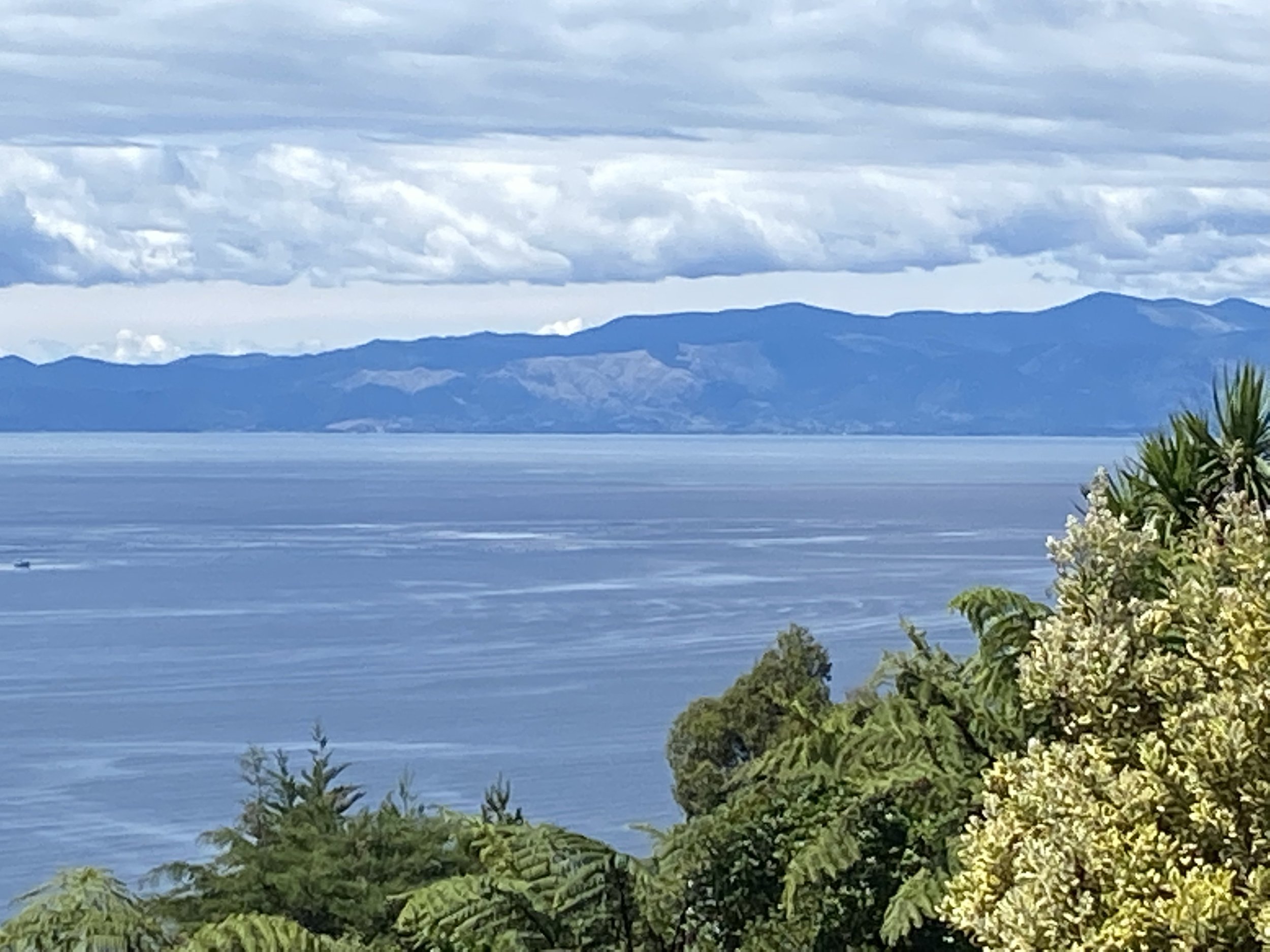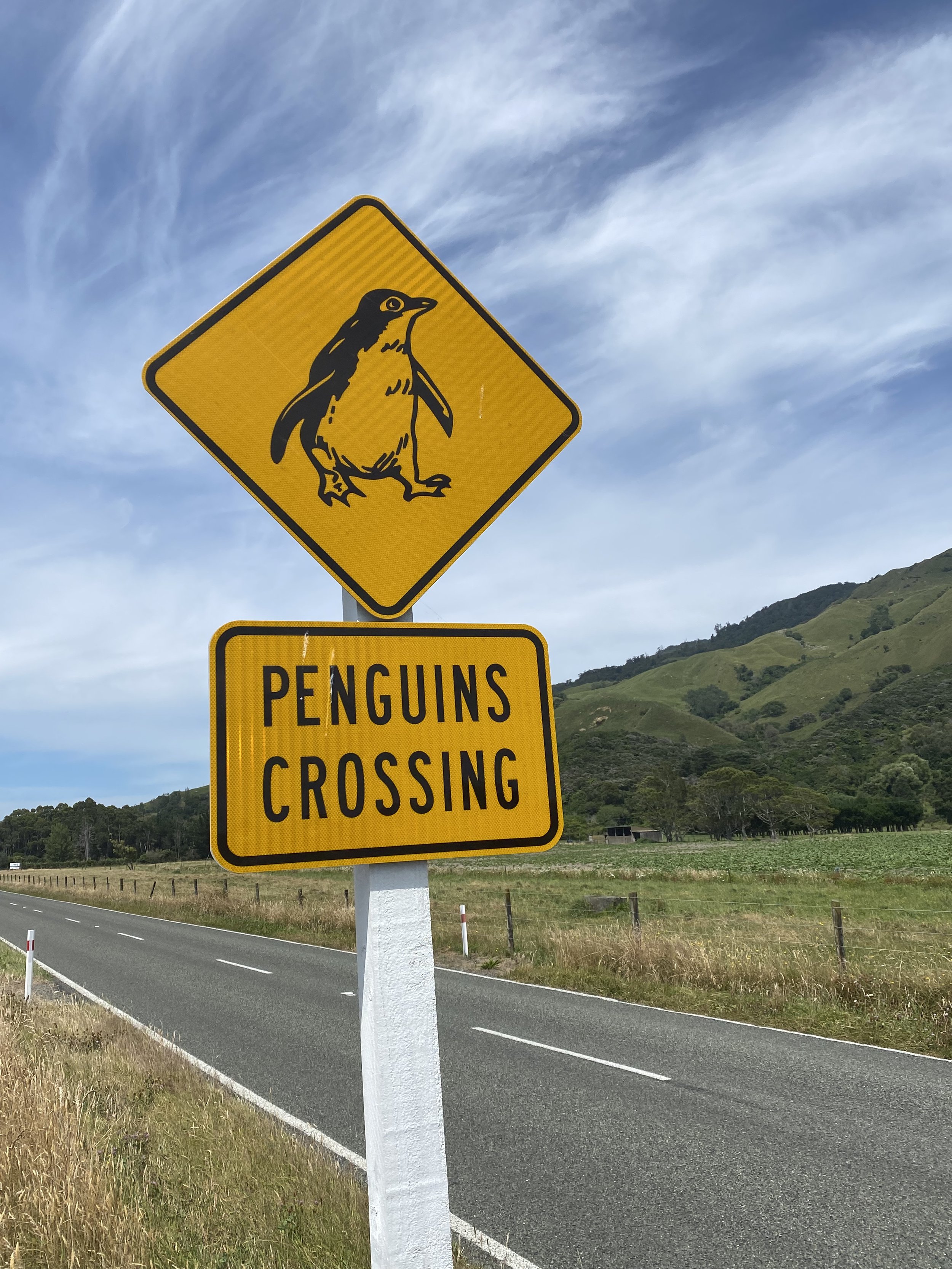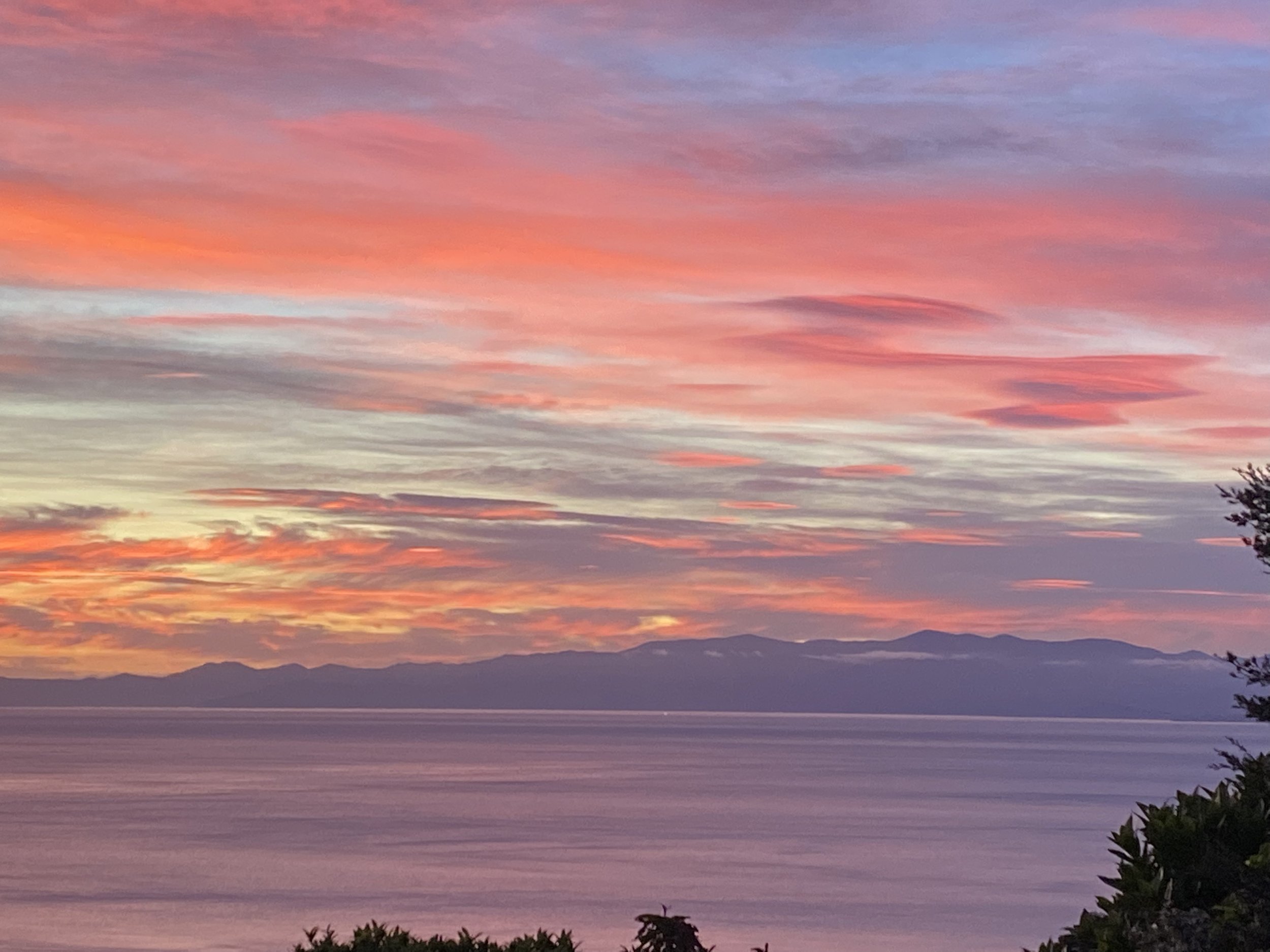Straddling Two Hemispheres
I grew up with a mother who came from the Southern Hemisphere, from Down Under, from Australia. She stood out in our small California town, with her strong Australian accent. She said zed instead of z, naught instead of zero and when I came home from the third grade and told her about the American Revolution, the Boston Tea Party and the brave patriots who fought for American freedom, she became very incensed.
“Oh nooo! (Very strong Australian accent here.) You have it all wrong. They were the ungrateful colonists!”
I learned at that moment, that history was made up depending on whose side you were on.
Years later, my own daughter, age 5, said, “Mommy, Nana Bonnye talks funny.” My mother never lost her accent.
My own relationship with the Southern Hemisphere began in 2009, when I met and later married an American turned Kiwi, who had settled in Golden Bay, New Zealand. We began a comfortable routine, a yearly zigzag of three months in New Zealand and nine months at my home in Northern California, as we swapped a California winter for a New Zealand summer.
In 2020, our three-month visit stretched to 18 months when COVID-19 hit. Within weeks, the New Zealand borders closed, locked down, our flights home cancelled. I had to outfit myself in warm clothes, as I faced my first fall, then winter and spring there. My summer wardrobe of shorts and flip-flops wouldn’t do.
The view from our home in Golden Bay New Zealand
New Zealand acted early and hard against the pandemic and stamped it out, holding steady during our stay, with a total of 26 deaths, five deaths per million. Prime Minister Jacinda Ardern, along with the minister of health, provided clear, science-based leadership, encouraging “Team New Zealand” that if we all worked together, we could eliminate the virus. We did.
I felt grateful to be in New Zealand, though I missed my home and my family back in California. But the longer I stayed, the more I felt what my mother might have felt. Now, I was the one who stood out with the strong accent.
One time, in our local market, I watched a girl, about five, stand with her mouth open, it seemed in astonishment, as I asked a helpful young man where I might find cookies, (biscuits in Kiwi speak). The girl had clearly never heard anyone “talk so funny.”
And there was the constant reminder to drive on the left, oh and walk on the left, go upstairs on the left, push my trolley or trundle, (shopping cart) on the left in the supermarket.
And so many new vocabulary words and terms. If we were invited to come to a gathering, “bring a plate” did not mean to show up with an empty plate, but rather to bring food to share. And if someone invited us to “tea”, it was most likely not tea and cucumber sandwiches. Good idea to check. It was no doubt an invitation to an evening meal.
A “torch” was not a flaming fire brand, but rather a flashlight. “Rubbish” was trash,” “tramping” hiking and a “chilly bin” a cooler.
If someone was “crook,” it didn’t mean they were a bad guy, but rather, that they were under the weather.
“Stuffed” didn’t mean you had eaten too many meat pies; it meant you had screwed up.
And “pissed” didn’t mean you were angry, but rather you’d had too many pints of beer. I learned to ask for a plaster, if I needed a band-aid and that if someone asked you if you had a spare rubber, they were looking for an eraser, not for what that particular item is in the states.
I started to say “zed” instead of “z” and “herbal” instead of “erbal’, (silent h). As for new foods, forget about Vegemite, (a rich spread made from leftover brewer’s yeast, salt, and malt extract). Ugh!
A road sign near our home
I read US newspapers each day, trying to stay current with the COVID-19 crisis in the world, the US and California.
I watched the inauguration of President Biden and the swearing in of the first female vice-president of the US. With the storming of the capital, all our friends and even acquaintances showed me how concerned and attentive they were about what was happening in America. Even strangers, hearing my accent, stopped me to talk. I learned that the world was watching, analyzing, and praying for our great American experiment. They wanted us to prevail and were holding their collective breaths at our recent struggles.
As I was present to the green hills, the sheep, and cows in this tiny, island country, isolated in its safety zone, my idyllic day to day reality felt otherworldly. I was faced with the unusual challenge of enjoying my life and the blessings of being safe there, knowing the rest of the world was not.
I experienced a rainy winter and the wonder of so many baby lambs frolicking in the green meadows and standing close to their mothers in the spring. I celebrated my first Christmas in the summer.
A spring lamb with her mother
As a woman of a certain age, as they say in France, I’d waited my whole life to be in a country run by a capable, young female prime minister. As I look back on the eighteen months there, though I felt a bit of a strange bird at times, I am grateful for the beauty, safety and warm welcome New Zealand gave me during my prolonged stay.
Even if I was the one with a strong accent. Even if I “talked funny”.
Sunset from our home in Golden Bay
A previous version of this essay appeared in the Napa Valley Register, March 2021



